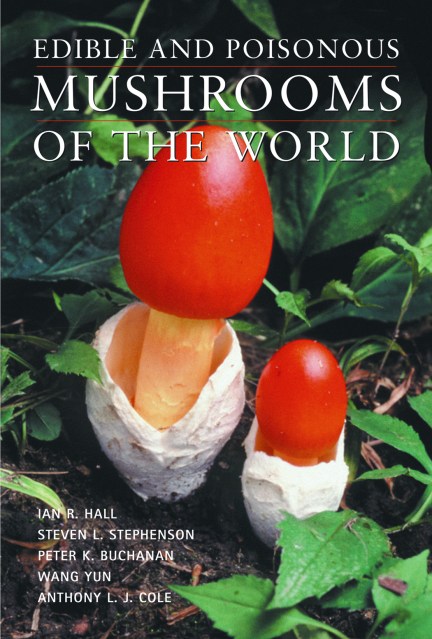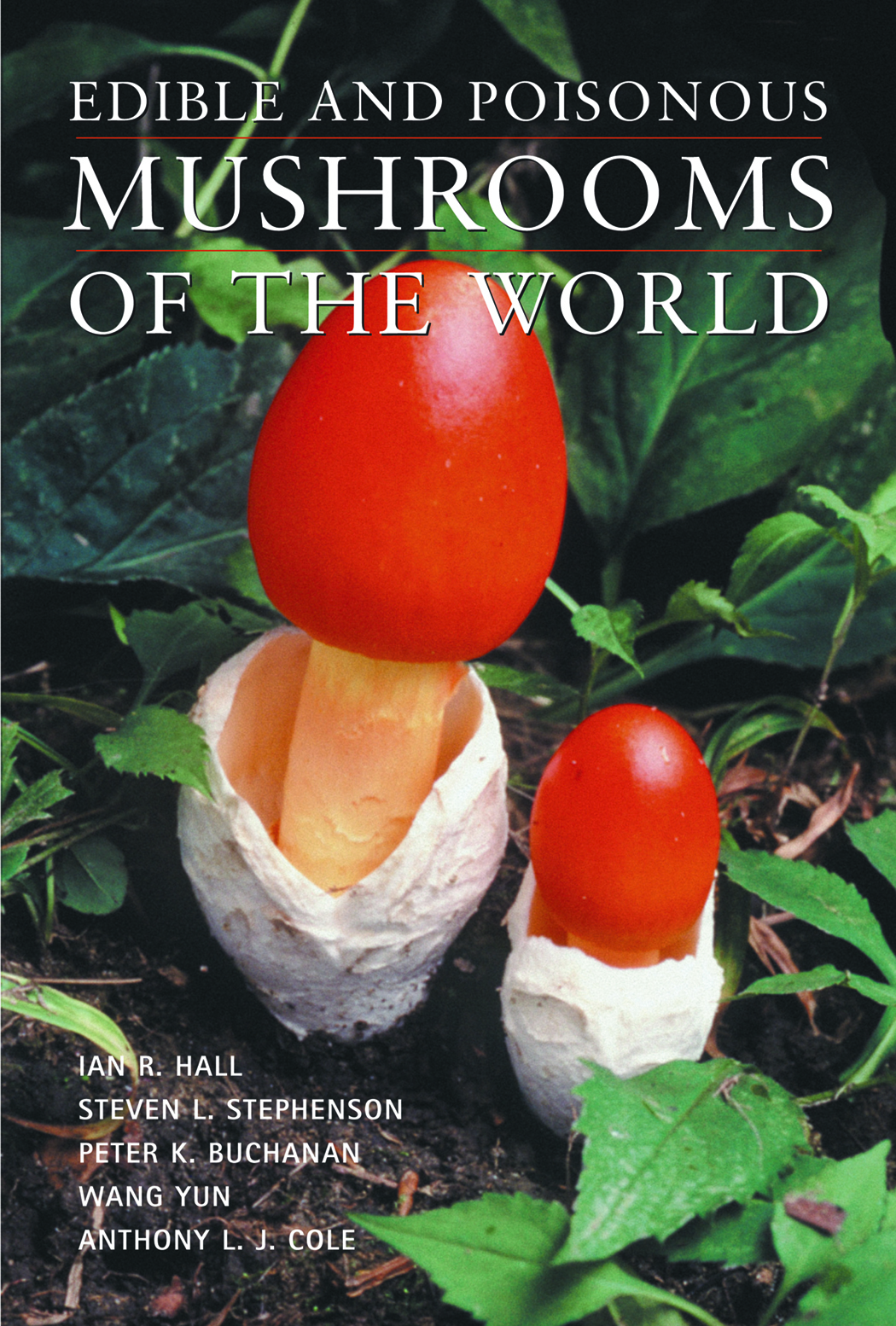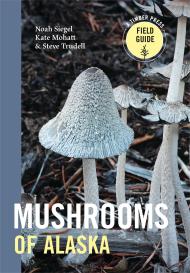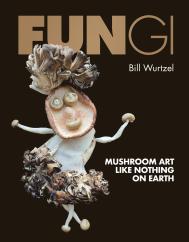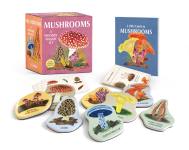Edible and Poisonous Mushrooms of the World
Contributors
By Ian R. Hall
By Peter K. Buchanan
By Anthony L. J. Cole
By Wang Yun
Buy from Other Retailers:
- On Sale
- Sep 17, 2010
- Page Count
- 372 pages
- Publisher
- Timber Press
- ISBN-13
- 9781604692471
Mushrooms are among the most intriguing and striking inhabitants of the natural world, as highly regarded for their distinctive flavors and uses in cooking and medicine as for their sometimes strange, often beautiful shapes and forms. Some are medicinal, others poisonous or even lethal. Edible and Poisonous Mushrooms of the World is a well-rounded look at mushrooms, including their cultivation, ethnobotanical uses, and the fascinating roles they play in nature. The authors provide expert advice on how to identify and distinguish between edible and poisonous wild mushrooms and how to record important details, with suggestions for taking photographs and preparing spore prints.
This book is only available through print on demand. All interior art is black and white.
This book is only available through print on demand. All interior art is black and white.
Genre:
-
“Outstanding tips on how to cultivate the top eight species grown and eaten worldwide. Beautifully illustrated with outstanding photographs, certainly the best this reviewer has ever seen.” I>ChoiceCleveland Plain Dealer
“This is an ambitious undertaking. . . . and the result is a highly informative and useful text that doubles as a field guide. This book is sure to become an essential resource for mushroom aficionados and mycology professionals.” I>Northeastern Naturalist
“The photographs are absolutely beautiful, and will likely inspire me to brave fall game hunting seasons (decked out in fluorescent colors, of course) to do some mushroom hunting.” I>Plant Science Bulletin
“I know all interested in exactly which types can be eaten will find this book just what they have been looking for. The photographs are superb and allow for easy and quick identification and having ‘edible’ or ‘poisonous’ in bold print at the end of each caption is most commendable.” I>Gardening Newsletter
“Timber Press has done its usual fine job of production, and the price is right for a hardbound volume with lots of color pictures. I recommend the book, especially for anyone with a particular interest in truffles or commercial production of other edibles.” I>Mushroom
“The authors, both biologists and mycologists, present clear scientific information. An A–Z listing gives descriptions, a few facts about each mushroom, cautionary rules, and tips on cooking, when appropriate.” I>American Herb Association Quarterly Newsletter
“A very readable, concise, and yet thorough overview of many of the more important economic fungal species consumed by humans.” I>Economic Botany
“A nice incorporation of information for those interested in mushroom cultivation, wild harvesting, or just appreciating the denizens of the fungal kingdom.” I>Plant Science Bulletin
“This concise introduction to mushrooms is profusely illustrated with often superb color photographs. It is an excellent starting point for anyone who wants to learn more about them, and a valuable resource for teachers of mycology, microbiology, or food science.” I>Quarterly Review of Biology
“Excellent color photos, detailed descriptions and simple keys enable the reader to identify many common and important mushrooms.” I>Northwest Books
“Interesting reading for those who are intrigued by these strange creations of nature.”
